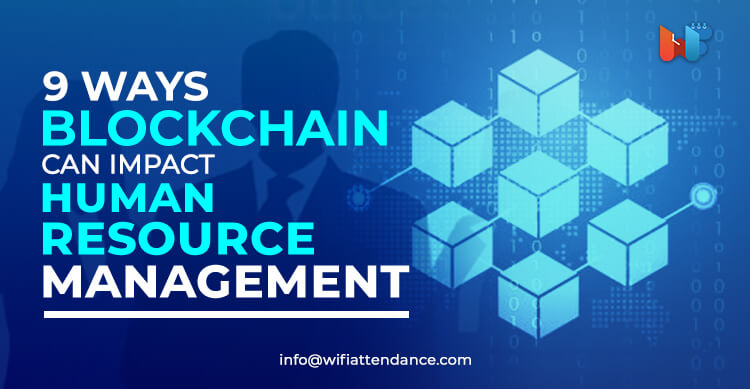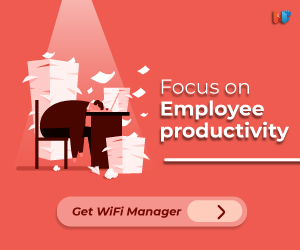Often regarded as mysterious and unconventional emerging technology, Blockchain is here to convince business entities of its long-term benefits and competitive role in future growth and organizational management.
Popularly working as an underlying technology for Bitcoin and other cryptocurrencies, Blockchain, as we will see, has come a long way since its inception and has extended its usability across diverse industries such as fashion, retail, healthcare, etc. Human resource and recruitment management system is no exception when it comes to Blockchain.
Numerous companies are showing massive interest in its power to transform the world of everyday HR and recruitment functions. With its decentralized distributed database system, Blockchain is now being used by many companies across the globe to accelerate, manage and sophisticate their existing recruitment and HR functions.
Read Also: 10 Strategies For Effective Performance Management
Here we are going to unravel how Blockchain can significantly make an impact in human resource management.
1) Recruitment functions
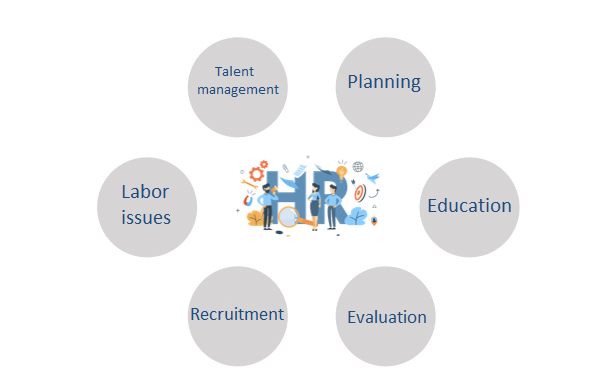
Traditional talent acquisition process consumes a lot of time and resources and sometimes requires third party recruiters to take over the job. However, the drawback of hiring talent management agencies is the gigantic fee and problems with collaboration and visibility. Also, it raises questions about productivity.
With Blockchain, this problem is resolved since much of candidate information and related claims are confirmed in the initial phase itself. This means a great amount of back office and third-party investment is already saved by directly verifying details such as resumes, grades, certificates, skills and work experience.
Also, as Blockchain shrinks down the typical back office recruitment process, the number of recruiters needed will be comparatively less.
2) Identity Verification
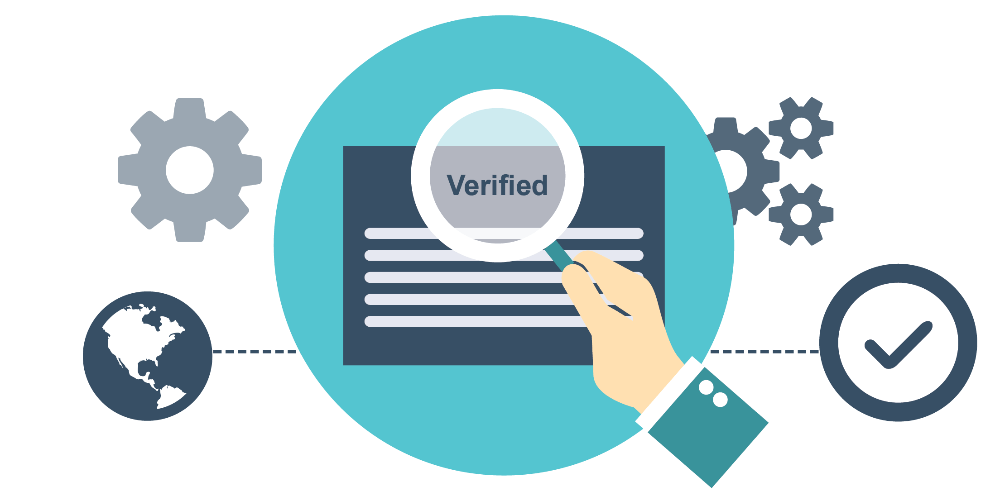
One of the biggest challenges with recruitment process could be identity verification along with problems like bias, lack of transparency and prejudice about candidates. To avoid such issues and verify identities thoroughly, companies now implement Blockchain in human resource management.
A report suggests nearly 51% of Blockchain adopters leverage the technology for identity verification using its digital data. In this solution, the candidate identity is verified against the stored data coming from trusted institutes.
As individual’s experience and background is properly checked, the decisions regarding qualification claims and pay can be easily made – which frees up a lot of space for HR to use time for adding more value to the company.
In a simple scenario, someone having a degree certificate can encrypt and put it in blockchain without a second thought of verifying it.
3) Referral process

The employee reference process has taken quite a leap over the years and blockchain is now becoming the biggest solution to transform it once more. The technology will have all the accurate data about candidate’s employment record stored which HR can clearly access and assess.
This limits any possible chance of falsifying the documents, creating fraudulent credentials, and boosts the sense of transparency of the referral analysis process. Ultimately, blockchain helps you ensure hiring the most suitable talent within an organization.
4) Dispute-free Attendance Management

Another possibility of blockchain application in HR processes would be using it to store and encrypt biometric entries from employees every time they enter workspace. Employee attendance data like unique fingerprint, IDs and other records can be kept straight and aligned with company’s employment management.
As all the data is put in blockchain, HRs can have absolute visibility to minute real-time data that is needed to track precise attendance and process wages-related claims.
This effortless system of employee attendance will ensure that every record is accurate enough to eliminate disputes between employers and employees, eventually increasing trust factor and fairness in payrolls, payments and claims approvals.
Read Also: Talent Management: 11 Tips To Do It Right
5) Massive productivity gains

As companies gain ability to verify people’s skills and suitability for job opening, they will draw much more productivity boost once Blockchain is implemented.
Introducing the right balance in talent acquisition, the technology can help SMEs lower the burden of discovering the right and perfect professional for their enterprise. Since finding the precise workforce becomes more efficient, it shows up in the overall productivity gains.
Essentially, areas like payroll, tax deduction and PF calculations are potential HR functions for SME companies where blockchain comes handy and minimizes workout for admins. This results in administrative activities focusing more on adding to business growth and customer engagements.
6) Smart Contracts
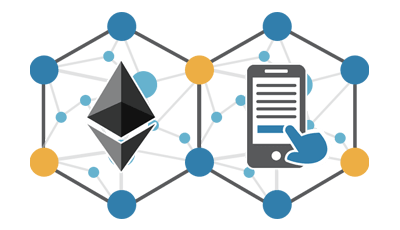
A well-known advantage of embracing blockchain within a business setting is ability to make smart contracts between an employer and workforce.
Blockchain-enabled Smart contracts will create the automatic payments for workers once the technology has a specific code to handle and condition what to do with money. Thus, employees are able to get their salaries or wages instantly without any potential risk of fraud or delays.
The blockchain-powered smart contracts also helps HR teams with adding workers to the payroll system, outlining terms and making changes to contractual validity.
On one level, freelancers working on various gigs can avail the smart contracts and benefit from regular payments and smooth contract system with blockchain. By adopting Blockchain for freelance gig economy, both organizations and gig workers enjoy being a part of a hassle-free system.
A research suggests that 45% of early blockchain adopters have implemented smart contracts within their organizational setting.
7) Employee Life-Cycle
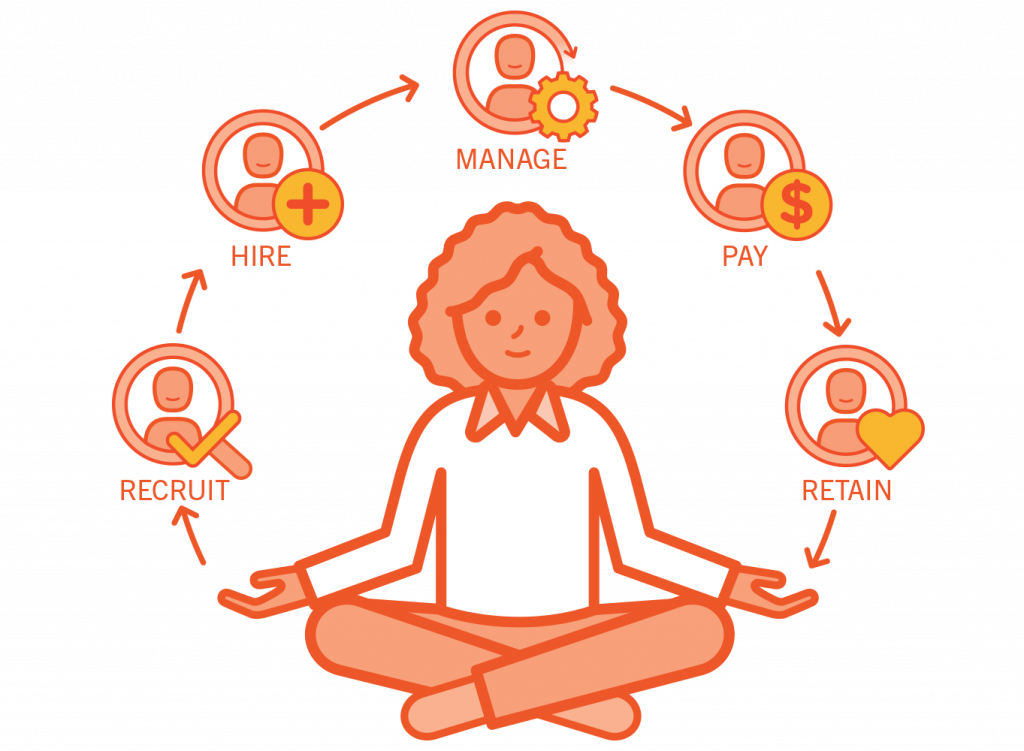
Disruption from blockchain also significantly impacts the employee’s total life cycle since the employee onboarding process gets fundamentally shaken and optimized to meet efficiency and productivity.
With Blockchain streamlining the high-potential areas of HR functions such as interviews management, reference analysis, payroll anddata security, qualifications and background analysis, the entire employee lifecycle is perfectly monitored and conducted.
As individuals within an organizational body switch their roles or apply for higher designation, blockchain data strategically helps assign roles considering all the essential factors.
Even as an employee leaves the organization, the technology empowers the smooth and rapid handover process in collaboration with management teams. Blockchain capitalizes validated information of old employees while assigning the existing role to new recruits, reducing the time and resources spent.
8) Secure Transactions and Data Protection
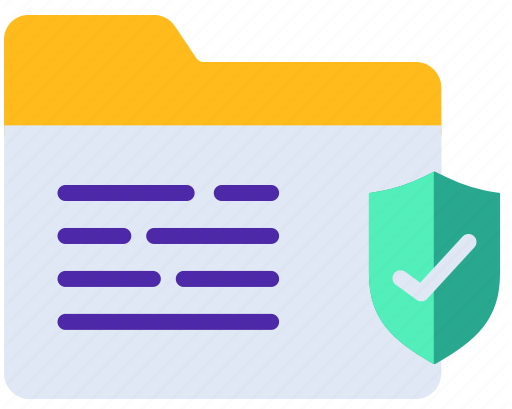
The use of Blockchain technology is illustriously associated with reliable and secure transactions and finance activities. However, in certain settings, the information transferred to a recipient or within a system could be about personal account, work history, financial records or capital market.
With cyber security being promised by Blockchain capabilities, future transactions of most confidential data is made leak proof so that any third-party intruder find it difficult to steal or temper with it.
Thus, Blockchain cryptography comforts employer and employees in the matter of enabling secure, risk-free transactions or payments. Minimum risk potential in an HR processes also means less occurrences of data breaches.
9) Fraud prevention for Cyber threats
![]()
Blockchain synchronizes and decentralizes all the heavy, high-volume financial records as well as most sensitive personal data of employees. This is one of the great jobs where HR’s urgent involvement is sought and Blockchain pulls it off impeccably.
The information stored in Blockchain works as crucial unanimous facts that help prevent the malicious frauds.
Decentralized data distribution enabled by technology keeps the cyber risks for SMEs at bay such as non-transparency, cyber threats and fraudulent transactions.
Read Also: Top 17 Challenges Faced By Human Resource Management
Final Remarks
While Blockchain’s immediate disruption in capital market is most common, its role in revolutionizing HR functions and workforce is even more interesting and profound. Companies across the globe have realized the enormous potential to leverage Blockchain technology in the world of work and enhance human resource and recruitment processes.
To extract the power of Blockchain, as discussed above, the HR system of existing businesses must consider the biggest advantages the technology delivers including trusted verification, transparency and productivity gains.
We will continue to monitor how Blockchain evolves, enables work platforms and is implemented within human resource management operations in coming days and keep your insight updated.
